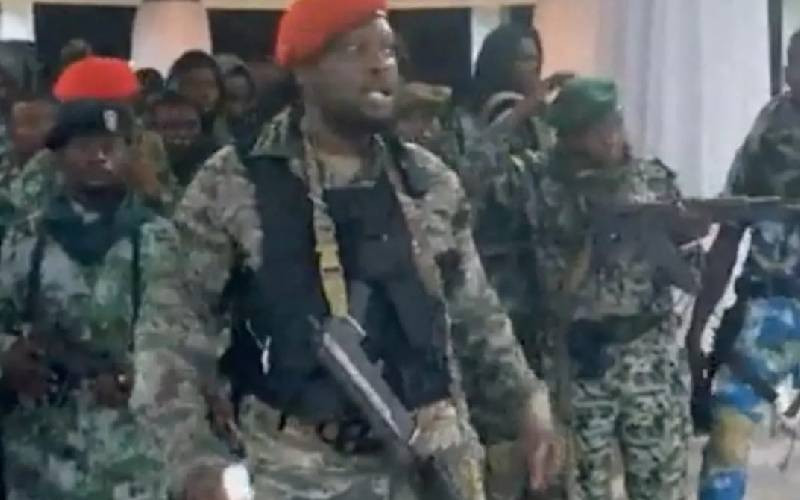×
The Standard e-Paper
Stay Informed, Even Offline

A day after the army in DR Congo said it had thwarted an attempted coup involving several Americans and a British man, many in Kinshasa had questions on Monday about the attackers' motives and how they were able to access key government sites.
The coup bid took place in the early hours of Sunday outside the residence of Economy Minister Vital Kamerhe in the northern Gombe area of the capital.